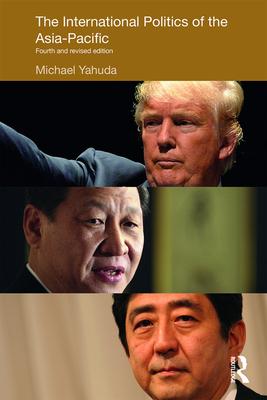This fully revised fourth edition of Michael Yahuda's successful textbook brings the subject up-to-date, introducing students to the international politics of the Asia-Pacific region since 1945. Following an evaluation of the legacy of the Cold War the author assesses the uncertainties of the post-Cold War era, the weakening of America by its prolonged warfare in the greater Middle East, by the enlarged war on terror and by the financial crisis of 2007-8. Amid the decline of the liberal world order and the rise of China, the author examines Chinese attempts to establish a new order. Analyzing politics in terms of the interplay between global, regional and local developments, this new edition also features,
- Discussion and evaluation of the Trump presidency and its implications for the Asia-Pacific region.
- Examination of the continued rise of China, especially under the more assertive personal Party dictatorship of Xi Jinping and its impact on the region.
- Analysis of the resurgence of Japan as a major power and its attempt to counter China's assertiveness by a coalition of regional democracies.
- Assessments of the repercussions of these developments on the regional 'hotspots' of the Korea Peninsula, a democratic Taiwan and a disjointed Southeast Asia.
This new fourth edition will continue to be a core text for students of Asian politics, international relations and Cold War history.
